
Blog
Our convos with Tess tend to be short. Usually they end after one word. But today was different.
I have a thrilling announcement that I've been waiting for months and years to share with you. At long last, after many false starts, it's go time.
What does Tess’s intellectual disability diagnosis mean?
Tess couldn't be more different from her classmates in her learning style and what she's working on. But socially, she's a lot like them.
Included. Tess with her classmates, as much as possible. That's what we want to see.
Tess's education has been super solid for a long time. But recently we realized something that made us want to look a bit deeper into what she does all day at school
Almost immediately, Tess began to emerge.
THE last thing you want to do in our house if things are going well, is to mention that they are going well.
On the morning of Friday, July 13th, Tess wakes us up. She does this with a cry, as she often does, but this one is different.
We've been waiting for almost Tess's entire life to meet someone like her, to meet a family like ours. And it finally happened.
It's part of life, at least for us, that we take Tess to the doctor. A lot. She's generally a pretty healthy gal. Not many sicknesses, like coughs or colds. Just a ton of stuff that we have to figure out. Like why her hips don't work. Or why she hasn't grown an inch in about a year.
Recently Kendra left that preschool. When you leave, they do an exit interview. And one of the questions was, what has been your greatest accomplishment during your time at this preschool? Kendra had a one-word answer: She said Tess.
The mere mention of PECS in this IEP meeting makes me feel like I'm taking crazy pills.
Tell me what you're supposed to do with that friend. You know the one I mean. You've been friends forever, maybe since childhood. And you call yourselves friends, but the truth is this: they aren't there for you.
In case you've never been in an IEP meeting, let me tell you what it feels like. It is an endurance sport, only instead of doing physical stuff, you're listening. You're listening harder than you ever have in your life.
Tess was headed to summer camp. But what if there was literally no one who knew her? And even worse, what if no one cared about including her?
At this point we’re reeling. We aren’t exactly a roll-with-the-punches kind of family. If we had two typical kids, maybe we would be. But we don’t.
I saw progress. With my own eyes. In a hallway and in a series of offices, on a Thursday afternoon in the town of Windham, Maine.
"Come on, Sara," the voice says. It's a woman, probably older, judging by the sound. It's like the way you'd speak to a small child, but there's something else underneath that.
On Christmas Day we wrestle her into a pair of tights and a dress, and she essentially gives us the finger but also kind of tolerates it.
It woulda been so much easier if somebody told us this stuff.
About
In 2010, I quit my law job to be at home with my kids. Turns out our daughter Tess has disabilities. She’s different. And now so is everything else.
Tess has an ultra-rare disease. It took us years to figure out what it was.
Read about that story here.
Her disease is a mutation of a gene called USP7. Because of it, she’s nonverbal, has autism and epilepsy, and is cognitively years behind her peers.
This blog and podcast are about our journey with her.
If you’re new to the podcast, and aren’t sure where to begin, start with these six essential episodes.

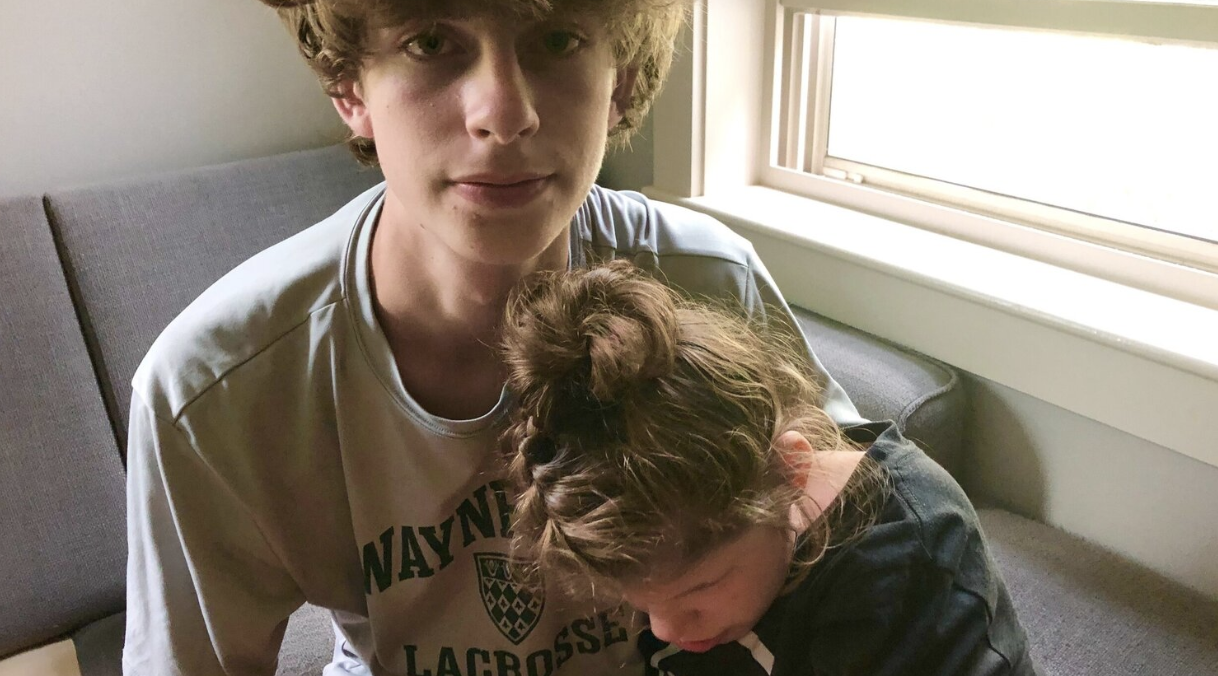






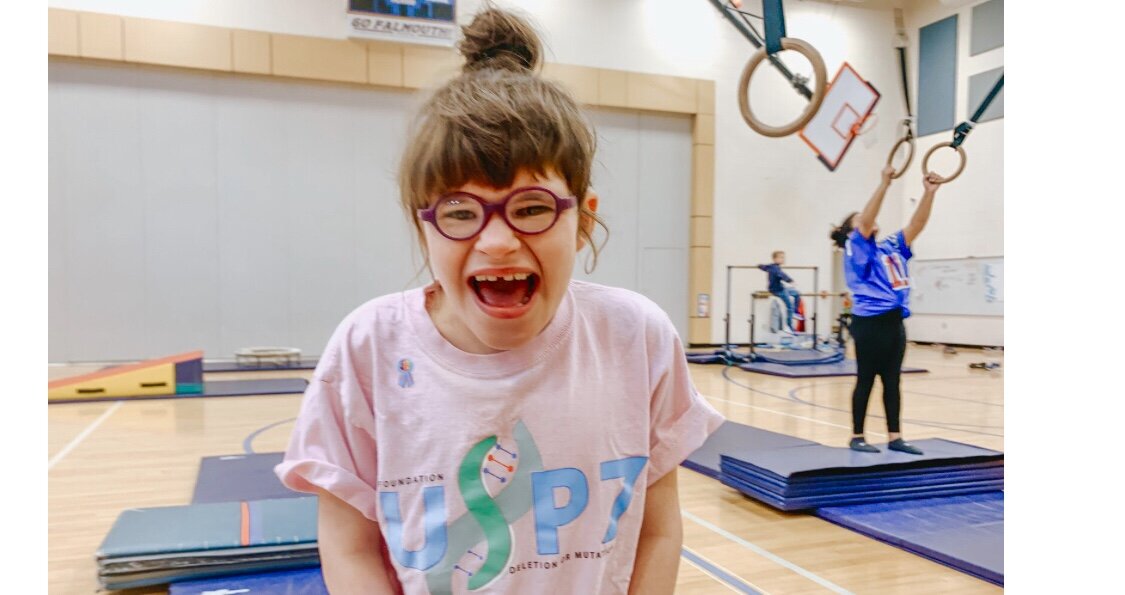
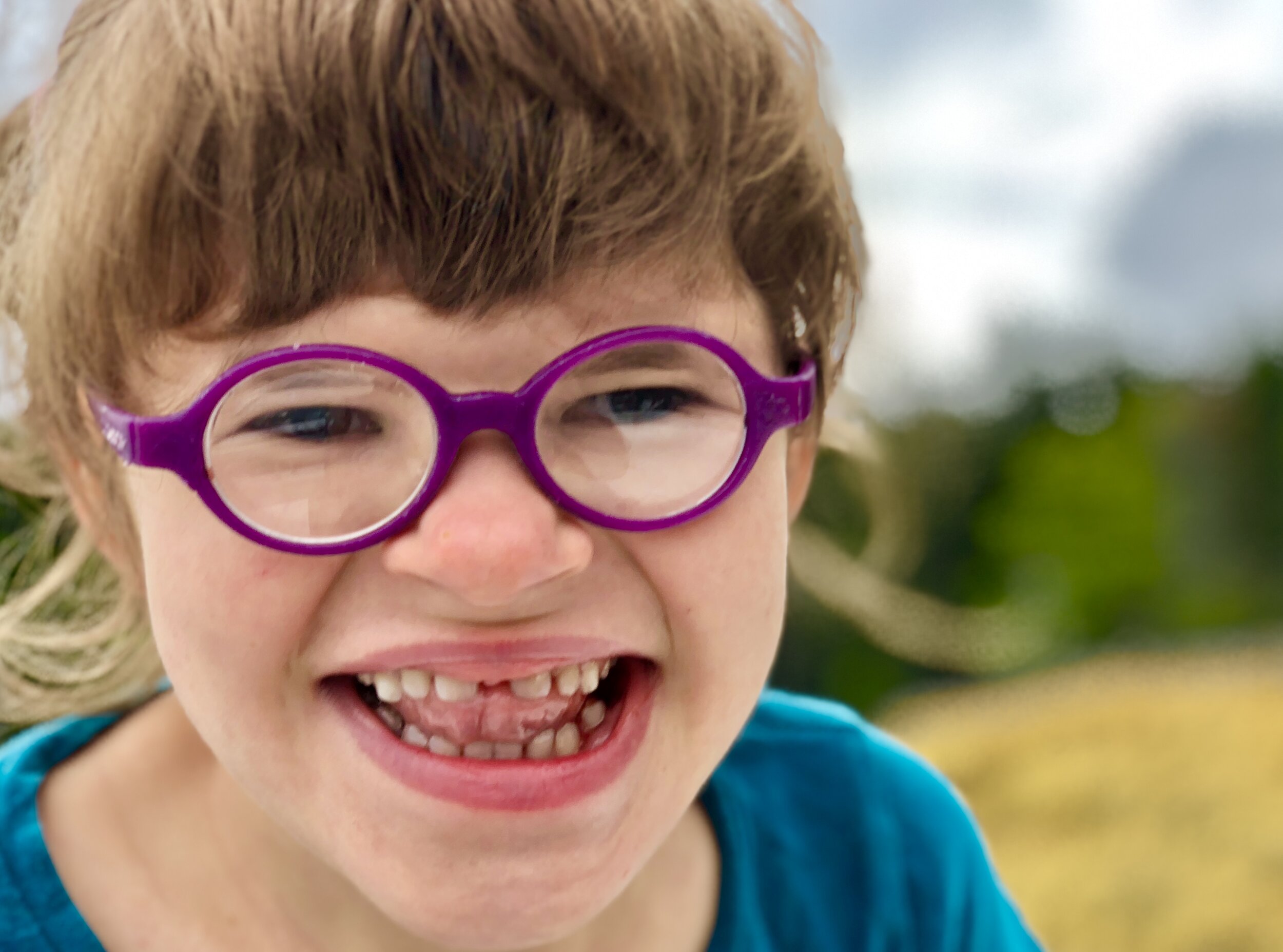


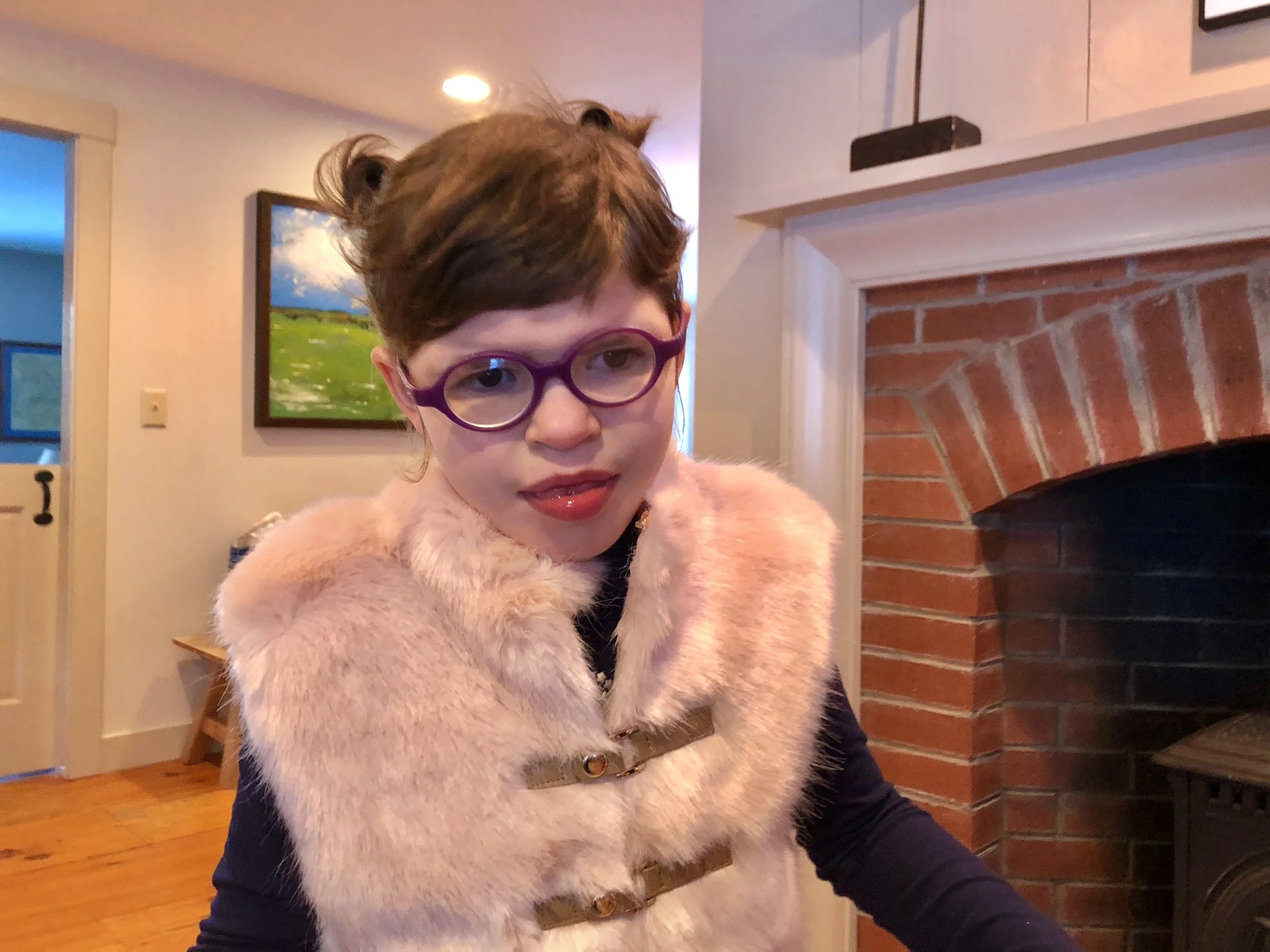




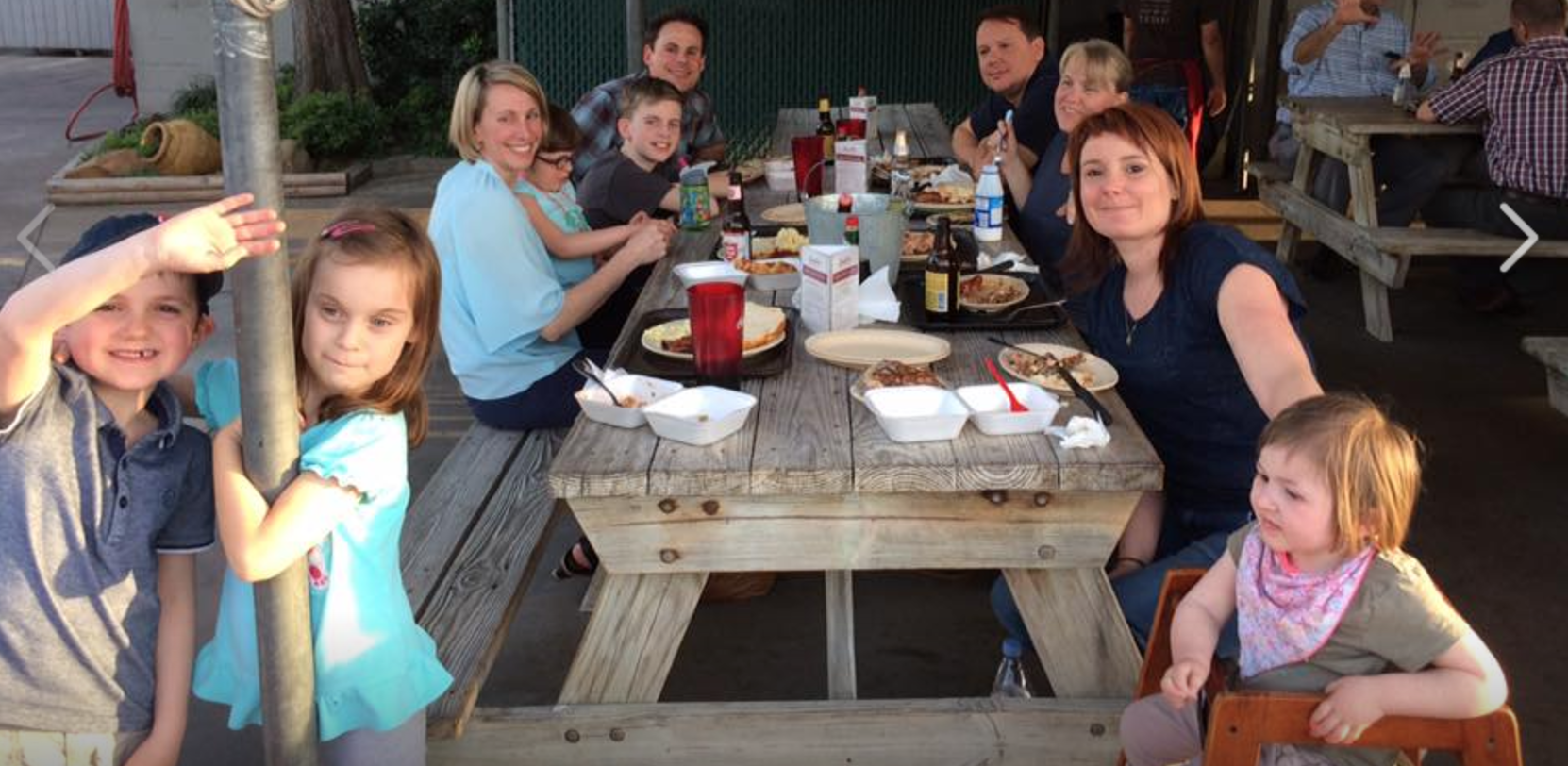












Psst! Hey. You. Yeah. I'm talking to you. Can you help me?